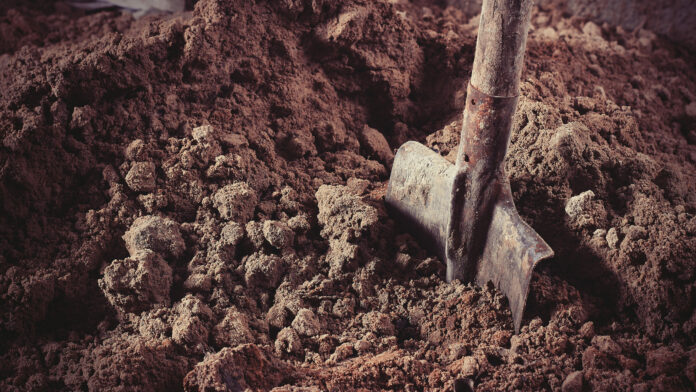
THE South African government’s Council for Geoscience (CGS) has provided some conflicting messages on its strategy for stimulating South Africa’s mineral exploration sector with critics fearing the state will take equity positions in projects.
David Khoza, executive manager at the CGS said in an interview this week the organisation is not interested in having ownership in any project it helps develop in exchange for geoscientific information.
And by ‘develop’, the council said it would only provide data and technical assistance, especially to the small scale junior sector which will then be responsible for mineral reserve and resource statements.
In other instances, the CGS will part with mapping or other geological data, occasionally for a fee. Khoza said this practice is typical of geological associations in other countries such as Geoscience Australia which releases information at no cost while the Australian government co-invest in projects through its Exploration Incentive Scheme.
Said Khoza: “I do not believe that swapping info for equity is the intent at the moment. As far as I’m aware it is to collect the information and work on a technical level.”
CEO of the CGS Mosa Mabuza said last week at the Mining Indaba conference that the council would have “first mover advantage”. He added: “Before we send out the data, we have to look at it first and see if there are areas of opportunity for the lowest hanging fruit. I call it first mover advantage”.
The CGS has previously occupied a less prominent role in the department of mineral resources and energy (DMRE), but it raised its profile at the Joburg Indaba mining conference in 2021 when Mabuza announced the council would help drive minerals exploration in the country.
Conference delegates expressed concern. “I heard 650 participants (at the conference) collectively sigh,” said Joburg Indaba chairman, Bernard Swanepoel. “I wouldn’t just sigh,” said Fiona Perrott-Humphrey, a director at banking group Rothschild & Co: “I would scream. Oh dear me: no, no no”.
Exactly six months later, the DMRE released a five-year exploration strategy aimed at capturing 5% of world minerals exploration, worth an estimated $900m. There was also an implementation plan – in fact two versions were made public simultaneously – which differed in certain respects to the strategy document.
These two issues – fears of government participation in private sector activities and conflicting messages as to how this might be done – have the state-sponsored corruption of former president Jacob Zuma for backdrop. The private sector is jittery when Government appears to extend its ambit.
While the CGS is clear on its role in terms of providing technical assistance, there are still uncertainties, specifically regarding a R500m fund that was announced by the CGS. Khoza said the fund is an initiative of the Industrial Development Corporation, the state-owned development bank, as well as the DMRE which contributed R200m to the fund.
The “modalities” regarding administration of the fund was still “a conversation that had to be had,” said Mahlatse Mononela, spokesperson for the CGS.
Said Khoza: “The CGS does not have the R500m. We don’t have the granular detail but it is to finance junior mining companies that want to get into this space”.










